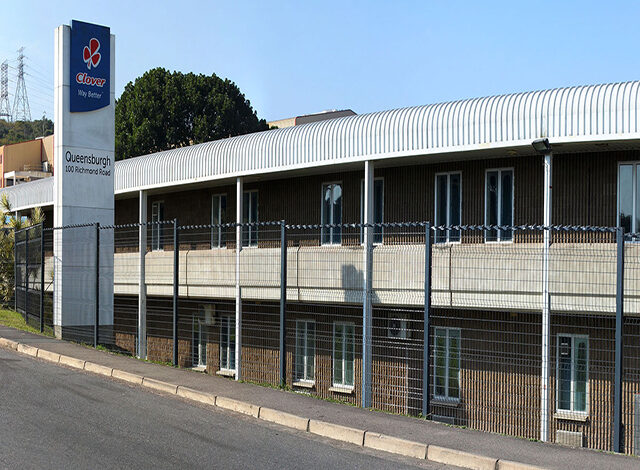Dairy Group Clover Is Set To Close South Africa’s Largest Cheese Factory In Lichtenburg

Dairy Group Clover Is Set To Close South Africa’s Largest Cheese Factory In Lichtenburg. Dairy group Clover is closing down South Africa’s largest cheese factory in Lichtenburg, North West, blaming “ongoing poor service delivery” by the local municipality for the decision. After large losses due to long-standing water and electricity disruptions, Clover is moving its Lichtenburg production activities to Queensburgh in Durban, where the company already has a plant.
While Durban’s eThekwini municipality “has proven to be supportive”, Clover told Our Naija News that it has for years tried to engage the Ditsobotla Local Municipality on service delivery – without success. “For years, the Lichtenburg factory has been experiencing water and power outages and the surrounding infrastructure has not been maintained by the municipality. Despite numerous efforts to engage the municipality on these matters, the issues have not been resolved.”
Disruptions to electricity and water supplies have hit its cheese production hard, especially in the treatment and pasteurisation of milk. “This has negatively impacted production which requires a continuous process and it is no longer feasible for the business to operate in Lichtenburg,” Clover told Our Naija News.
Clover Industries Limited is a branded foods and beverages group that used to be listed on the main board of the Johannesburg Stock Exchange. The company was delisted after a takeover by Milco, led by the Central Bottling Company from Israel.
Clover is a branded consumer goods and products group operating in South Africa and other selected African countries in the production of dairy and non-alcoholic beverages; the distribution of chilled and ambient consumer products and the sales and merchandising of fast-moving consumer goods. Clover was converted from a co-operative society into a public company in 2003. Clover implemented a capital restructuring on 31 May 2010, which was a milestone in its corporate development and resulted in both economic benefits and voting control vesting in the ordinary shares. In addition, the delinking of the ordinary shares from the milk delivery agreements enabled persons other than dairy producers to acquire ordinary shares, facilitating its ability to raise equity capital.


